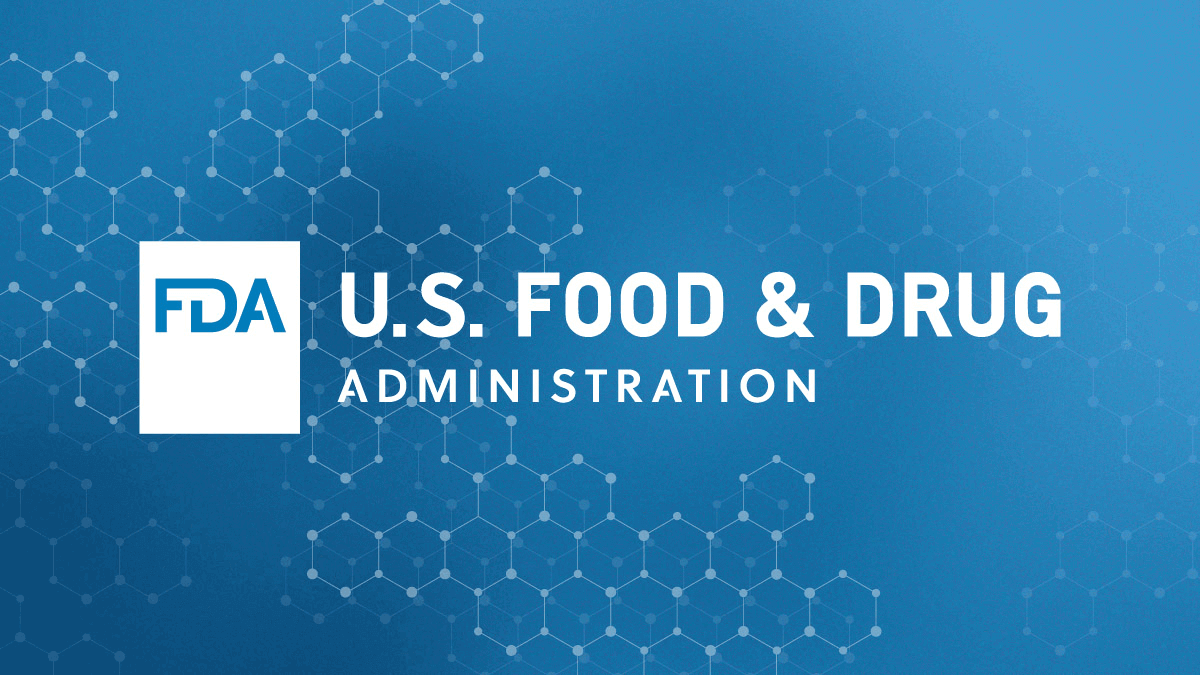Overview
Experts are advocating for a more robust oversight framework from the U.S. Food and Drug Administration (FDA) regarding artificial intelligence (AI) technologies in healthcare. A recent report published in PLOS Medicine by Leo Celi from the Massachusetts Institute of Technology and his colleagues emphasizes the need for a system that prioritizes transparency and ethics to ensure patient safety while fostering innovation.
Key Findings
- AI technologies are increasingly utilized in healthcare for tasks such as diagnosing diseases, monitoring patients, and suggesting treatments.
- Unlike traditional medical devices, many AI tools can evolve post-approval, leading to unpredictable changes in their behavior.
- The current FDA framework lacks mechanisms to monitor these changes effectively.
Recommendations
The authors of the report propose several measures to enhance FDA oversight:
- Increased Transparency: Developers should disclose how their AI models are trained and tested.
- Bias Mitigation: Stricter rules are needed to protect vulnerable populations from biased algorithms.
- Public Data Repositories: Establish databases to track AI performance in real-world settings.
- Tax Incentives: Encourage ethical practices among companies through financial incentives.
- Education: Train medical students to critically assess AI tools.
Conclusion
The report underscores the potential for AI to significantly impact healthcare positively. However, it stresses the importance of a regulatory approach that is patient-centered and adaptable to ensure that AI technologies enhance clinical practice without compromising safety or increasing healthcare disparities.
